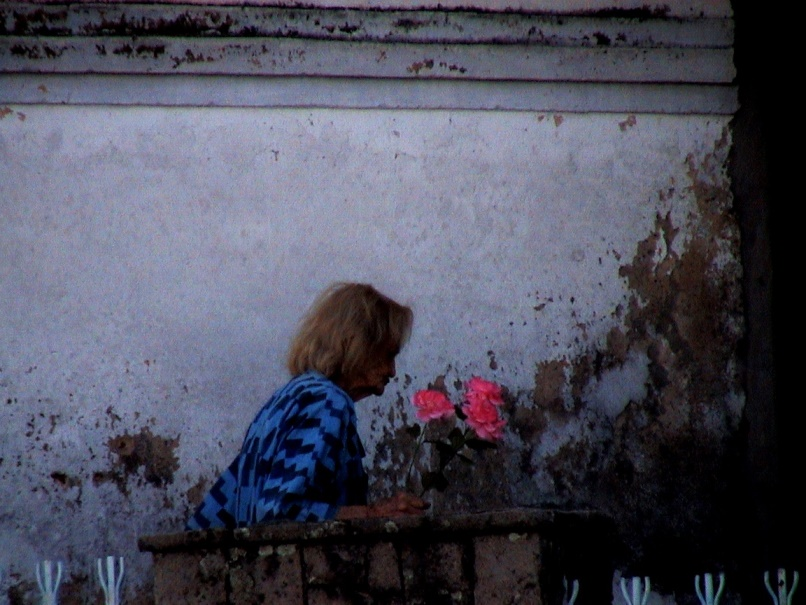VISIONS OF INVISIBILITY: LITERATURE AS PROTEST AND SOCIAL CRITICISM IN RICHARD WRIGHT’S NATIVE SON
Keywords:
Native Son, Identidade, Literatura.Abstract
African-American literature stands out for its interest in using the literary field as a way to protest and mainly to denounce social contexts marked by the use of oppression and violence. In this context, stands out in the literary scenario the novel Native Son (1940), written by the African-American writer Richard Wright, who describes through its protagonist Bigger Thomas, the painful details and psychological problems that characterize the black experience in a social context marked by oppression and violence. So, the present paper aims at developing some considerations about the African-American experience depicted in Richard Wright’s novel during the racial segregation period and attempts to examine how the social context interferes in its protagonist’s psychology. To do so, we based our analysis on the studies developed by Brookshaw (1983), Bhabha (1998), Woodward (2009) e Silva (2009).
Downloads
Downloads
Published
How to Cite
Issue
Section
License
Copyright (c) 2015 - Authors keep the copyright and grant the journal the right of first publication, with the work simultaneously licensed under the Creative Commons Attribution License (CC-BY-NC-SA 4.0), which allows sharing the trial with acknowledgment of authorship and initial publication in this journal.

This work is licensed under a Creative Commons Attribution-NonCommercial-ShareAlike 4.0 International License.
Creative Copyright Notice
Policy for Free Access Journals
Authors who publish in this journal agree to the following terms:
1. Authors keep the copyright and grant the journal the right of first publication, with the work simultaneously licensed under the Creative Commons Attribution License, which allows sharing the trial with acknowledgment of authorship and initial publication in this journal.
2. Authors are authorized to take additional contracts separately, for non-exclusive distribution of the work version, published in this journal (eg publish in institutional repository or as a book chapter), with acknowledgment of authorship and initial publication in this journal.
3. Authors are allowed and encouraged to publish and distribute their work online (eg in institutional repositories or on their personal page) at any point before or during the editorial process, as this can generate productive changes, as well as increase both impact and citation of the published trial (See The Effect of Free Access).
Creative Commons License
This work is licensed under a Creative Commons Attribution–NonCommercial-shareaswell 4.0 International License, which allows you to share, copy, distribute, display, reproduce, completely or part of the work, since there is no commercial purpose, and authors and source are cited.



